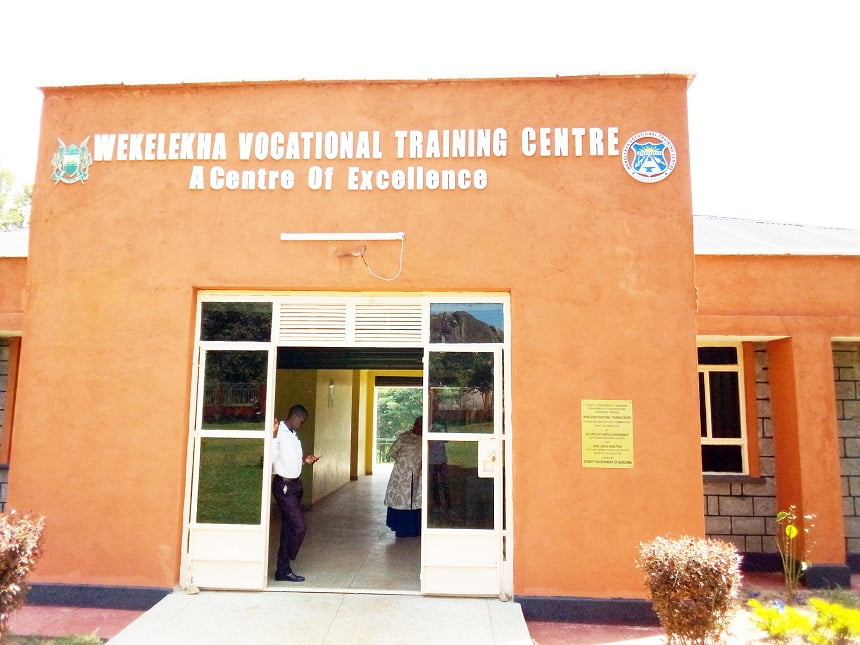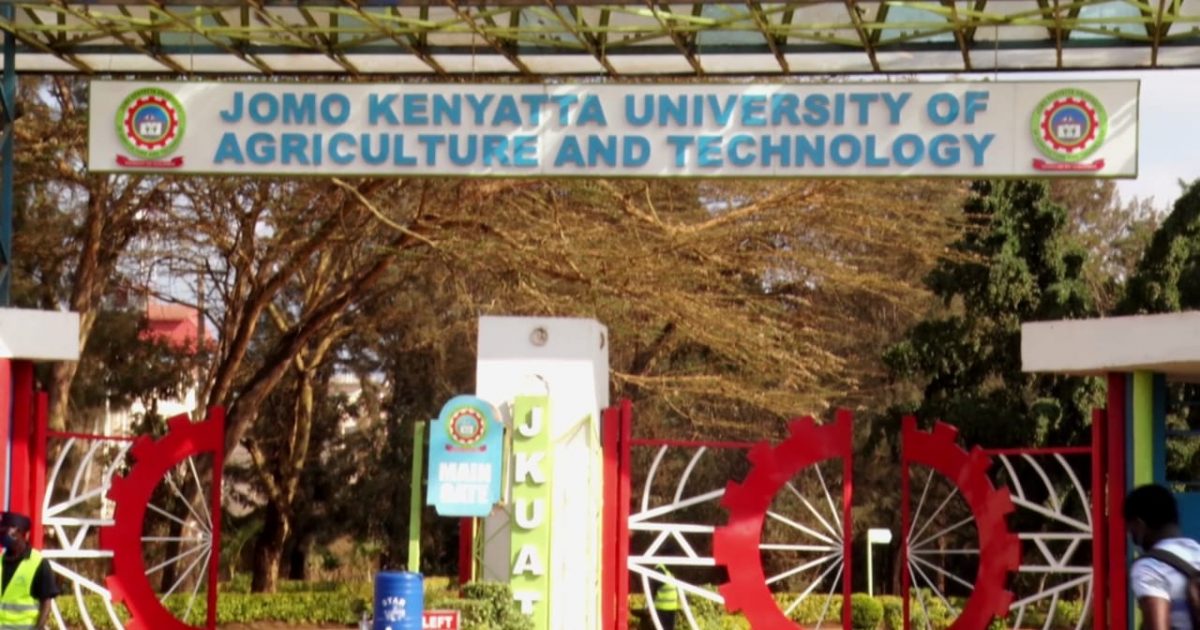By Roy Hezron
Vocational Training Centres (VTCs) will soon offer online training programmes for all students to use live streaming teaching sessions.
The VCTs were facing challenges of meeting the Covid-19 protocols enforced by the Ministry of Health unlike other public and private colleges that embraced online teaching.
When the COVID-19 pandemic struck in March 2020, majority of learning institutions switched to online learning but VTCs did not have the capacity to do so.
The VTCs commonly known as Youth Village Polytechnics lost the whole 2020 academic year.
That led to low morale among students in VTCs that were already struggling in terms of enrollment.
The worrying situation forced the Association of Vocational Trainers-Kenya (AVTK) to approach the Department of Vocational Education and Training (DVET) for support.
They also raised the same issues with the Senate Departmental Committee on Education through submissions on the proposed County Vocational Education and Training Bill, 2021 for intervention.
The DVET department which is under the State Department for Technical and Vocational Education Training and coordinates national government support to devolved VTCs.
They also approached CAP Youth Empowerment Institute (CAPYEI) which is a Non-governmental Organization (NGO) responded with support for the VTCs.
The institute is supported by the World Bank through Kenya Youth Employment Opportunities Programme (KEYEOP) and Colleges and Institutes Canada (CICan).
They funded the digitizing of VTC programmes through provision of television and online content.
The AVTK National Chairperson Absalom Nyambokora appreciated the digitization process, saying it will provide quality training and boost enrollment.
“We thank the CAPYEI efforts and time they have committed to digitize the VTC syllabus content,” said Nyambokora.
CAPYEI customized their training using the Kenya Institute of Curriculum Development (KICD) certified syllabus.
The curriculum includes training on motorbike repairs because they are used by 95 per cent of country’s households.
The motorbikes require repairs and maintenance which are self-employment opportunities.
They are currently working on syllabi for the Blue Economy to equip coastal communities with skills to access marine opportunities.
CAPYEI develops its own syllabi which it takes to KICD for certification, and has its own video recording studio where they develop television and online content.
Before starting the process, AVTK and CAPYEI designed the curriculum and agreed to digitize topics since they are similar across all curriculi.
“We agreed to work with two trade areas per week and two VTC instructors per trade,” explained National Vice-Chairperson Saitoti Wainaina.
On May 30, 2021 the ICT and Hair dressing or Beauty Therapy VTCs’ instructors reported to Nairobi for a one week content digitization process.
Currently, various VTC instructors and trainers are still digitizing the content which will be delivered through YouTube, inform of videos, PowerPoint slides and notes.
They target to equip VTCs with electricity or solar, television sets, computer laboratories, increase modern buildings, equipment and training materials since TVET training is 90% practical.
Wainaina urged the Council of Governors (CoG) to support the ongoing digitization process of Vocational Training programmes for online transmission.
Instructors and Centre Managers who are happy with the programme say when fully implemented, it will transform the VTC training in the country.
Simiyu Wakwoma, an automotive instructor and Centre Manager at Mathare VTC, told Education News that: “It is a great honour to be part of rewriting history in this era of shifting to technology.”
The digitization process converts VTC’s physical training sessions like carpentry, Information Communication Technology (ICT) and welding among others into online sessions.







